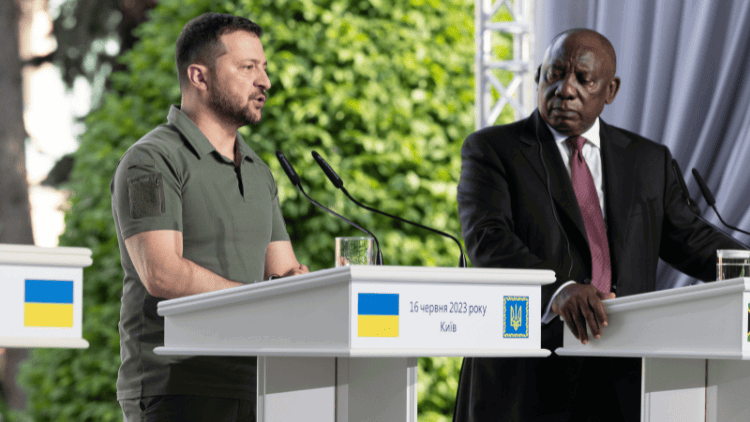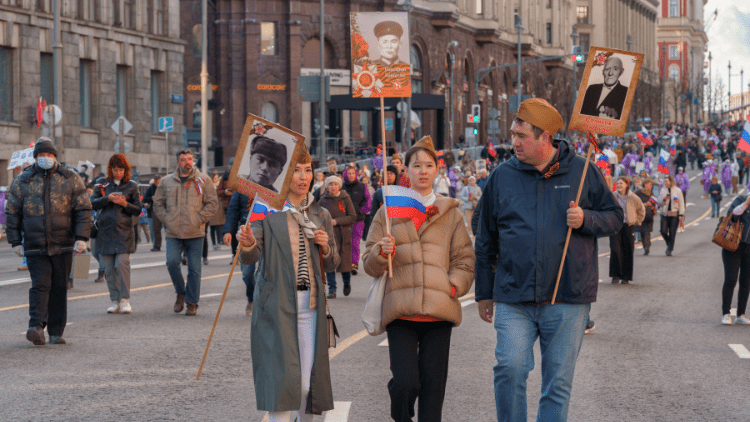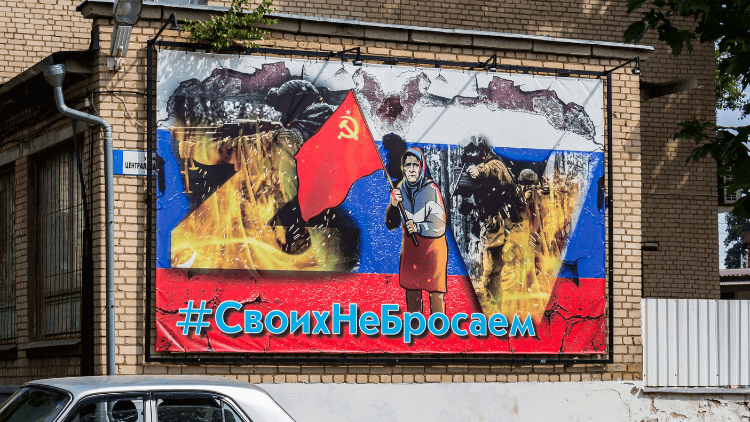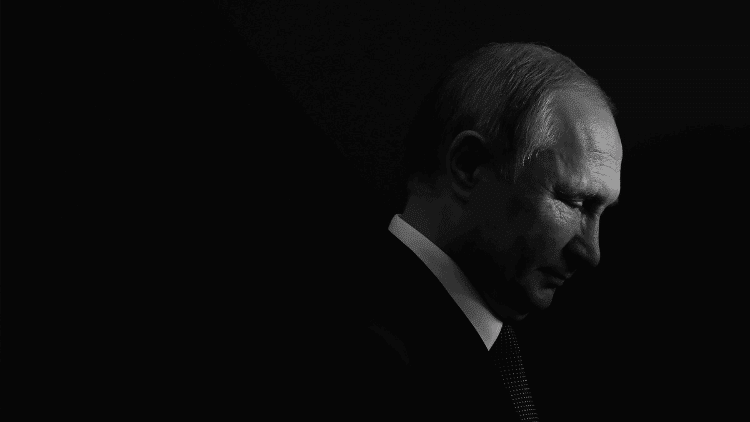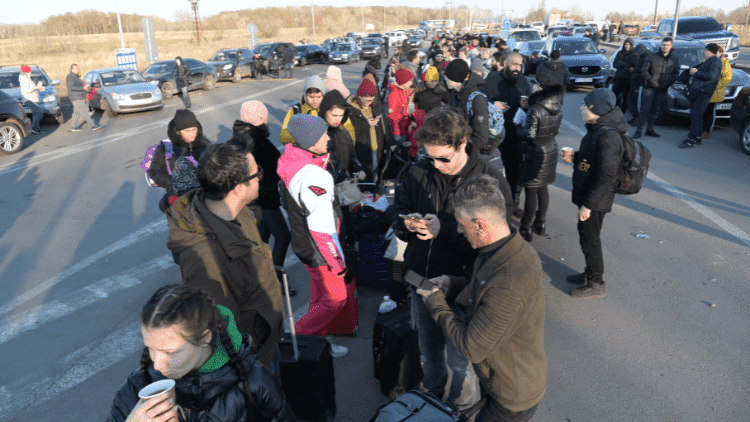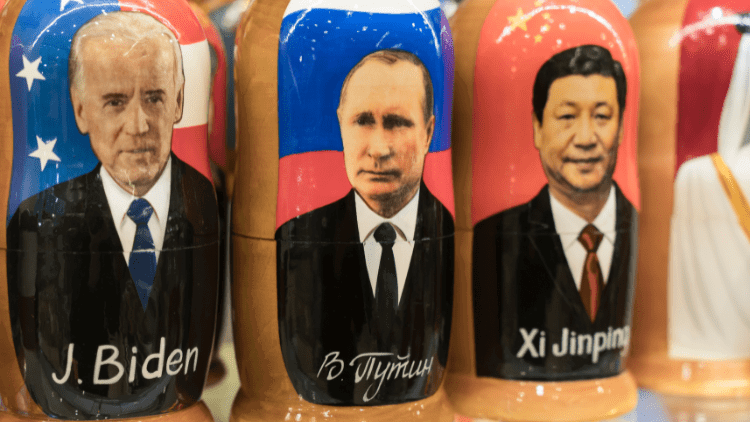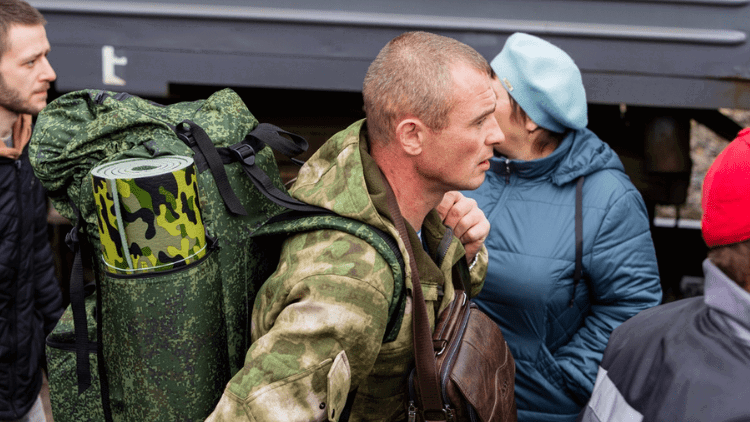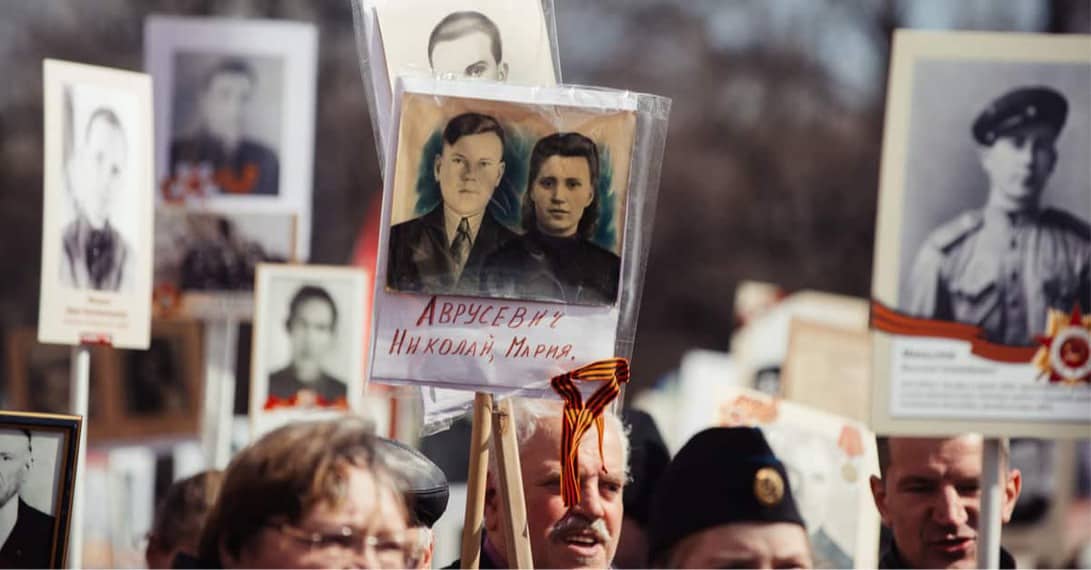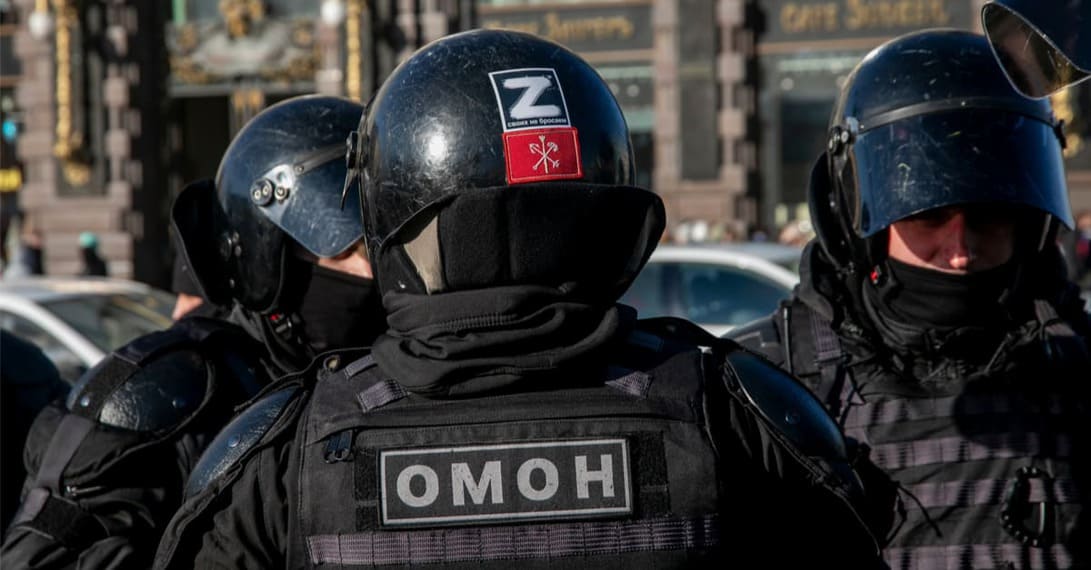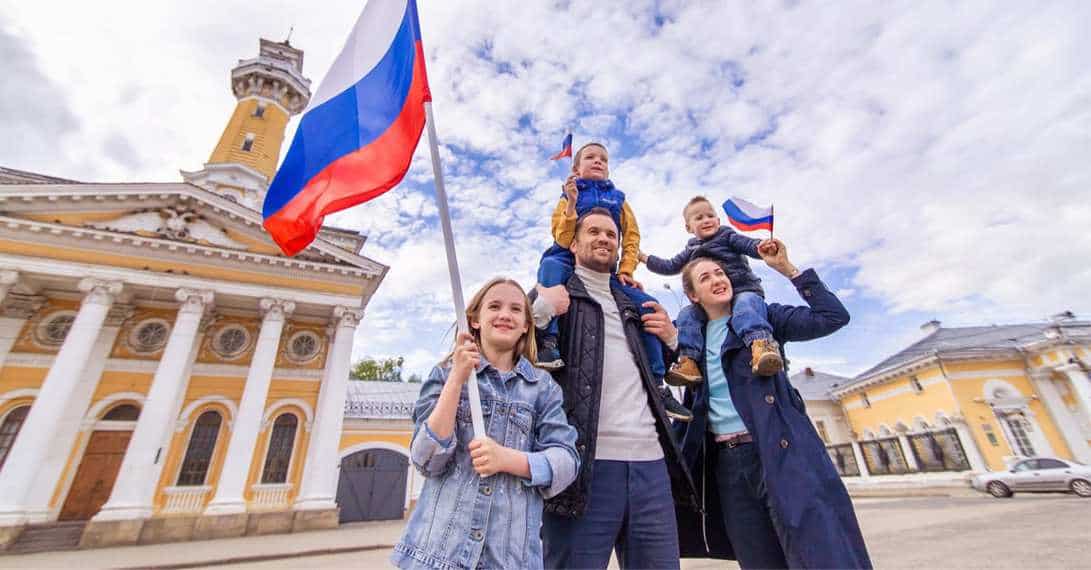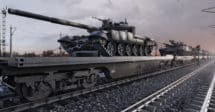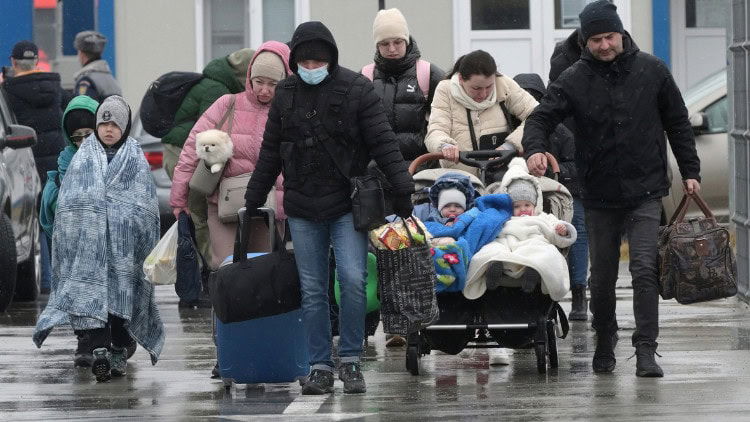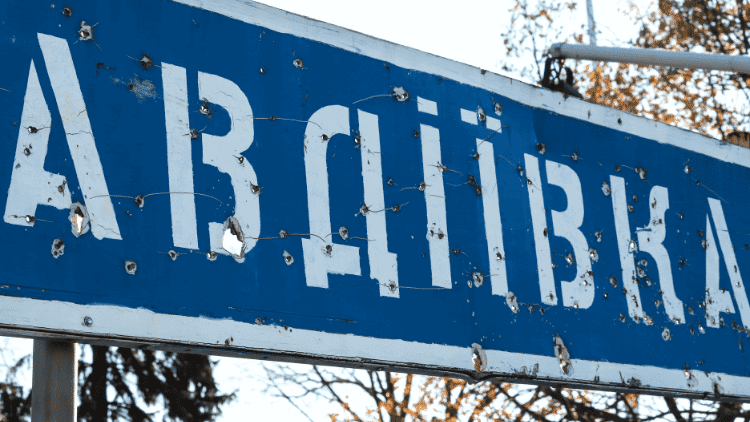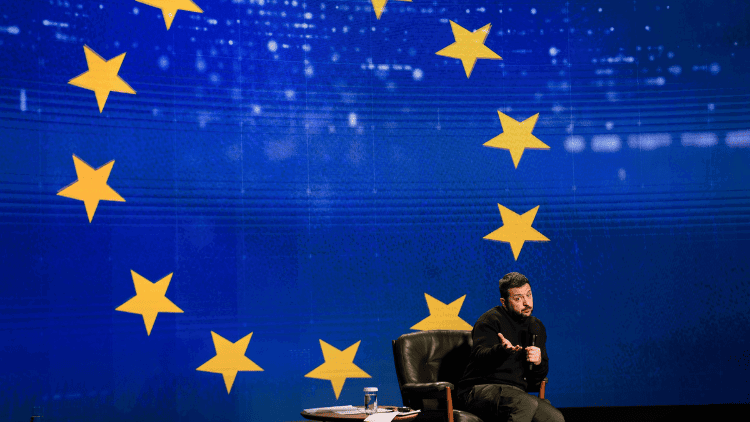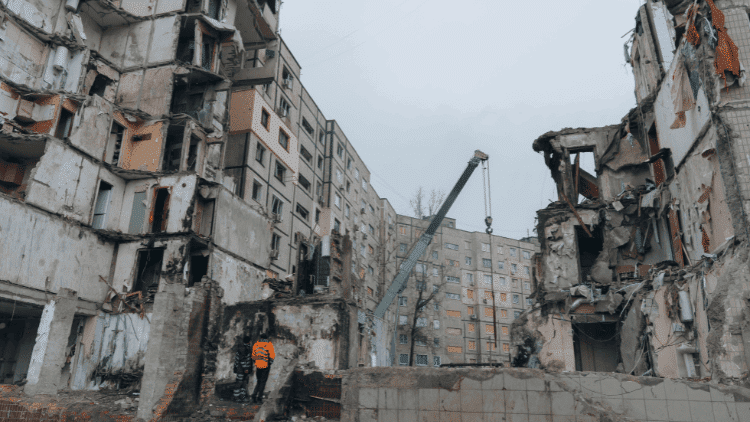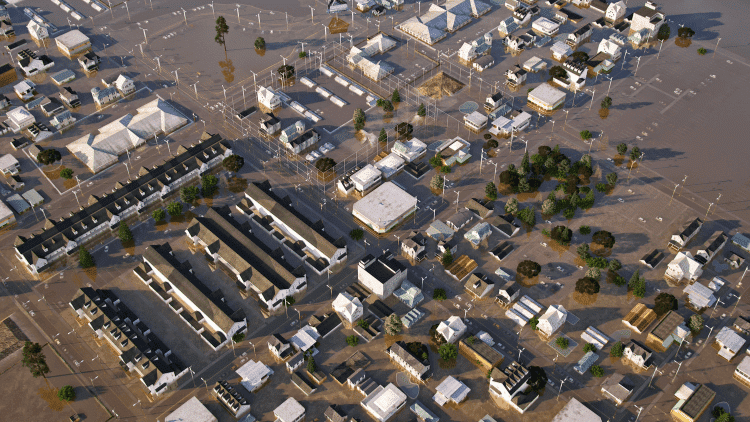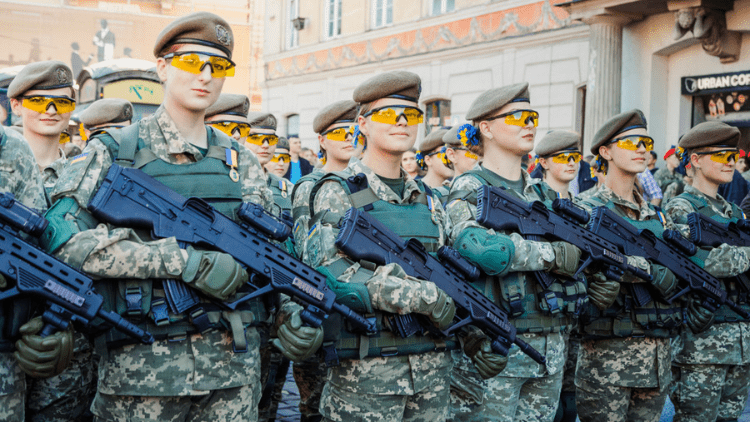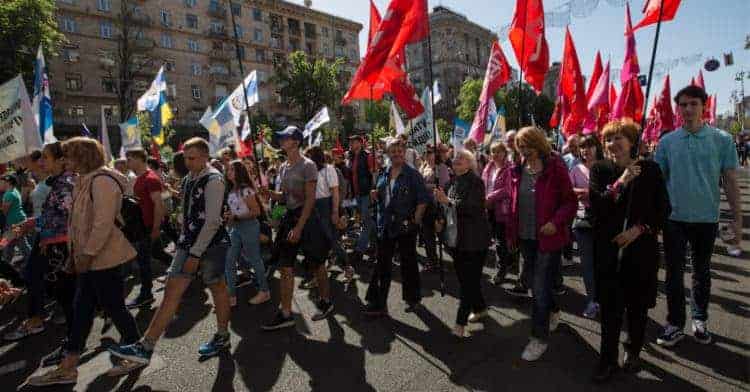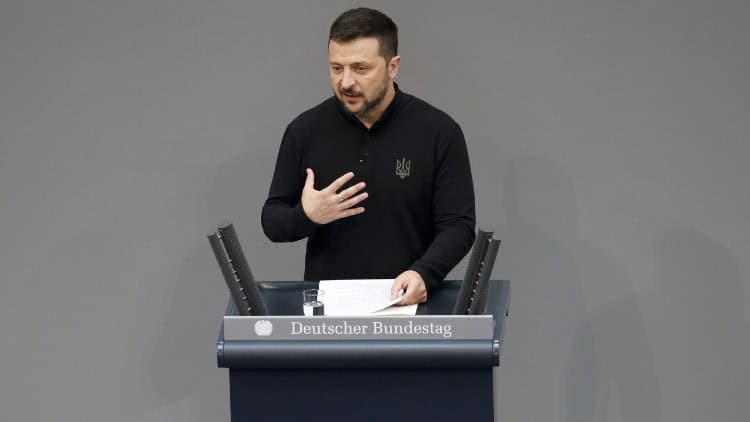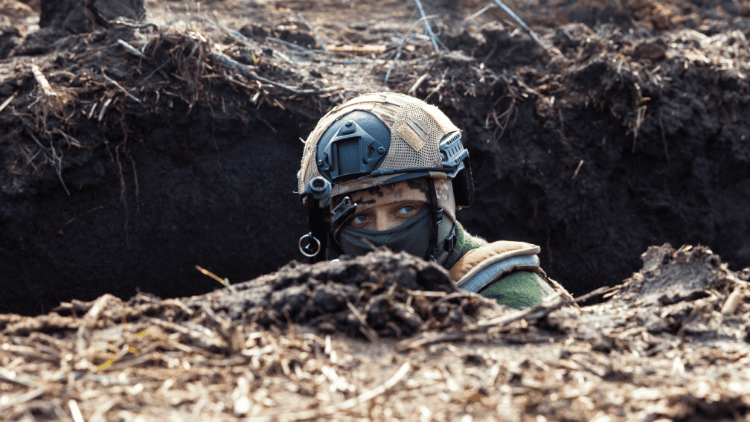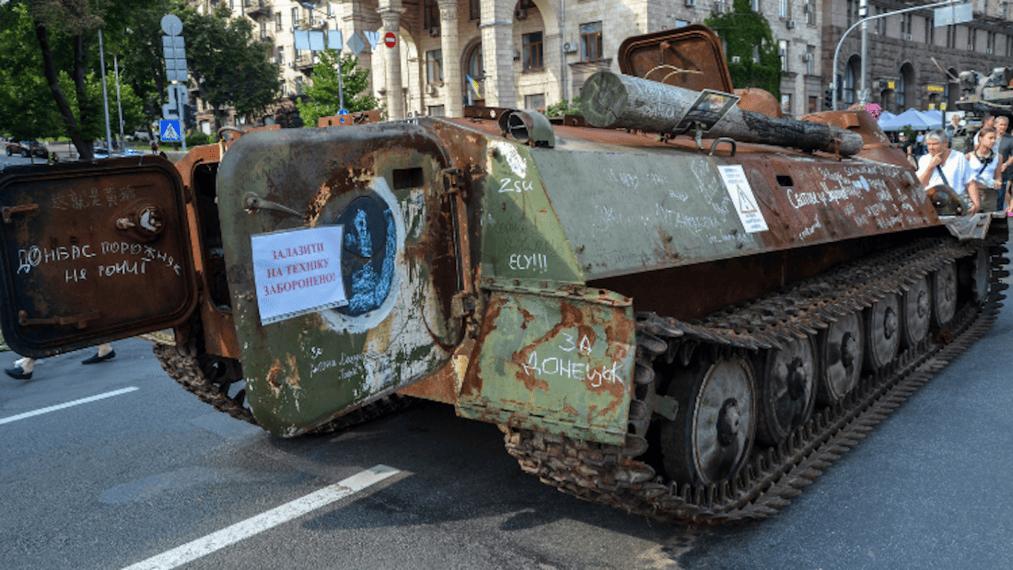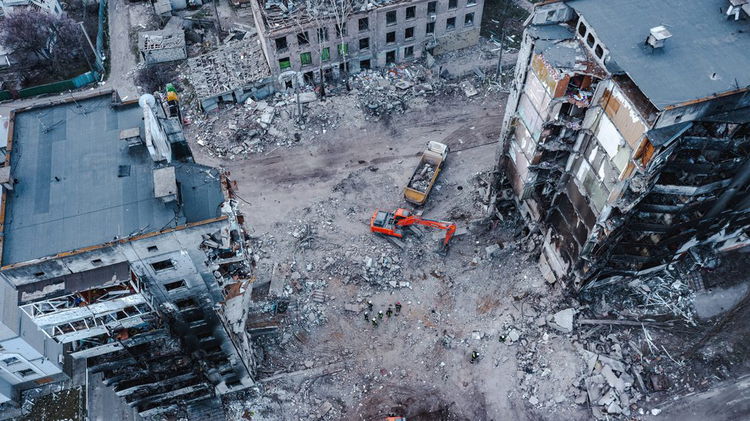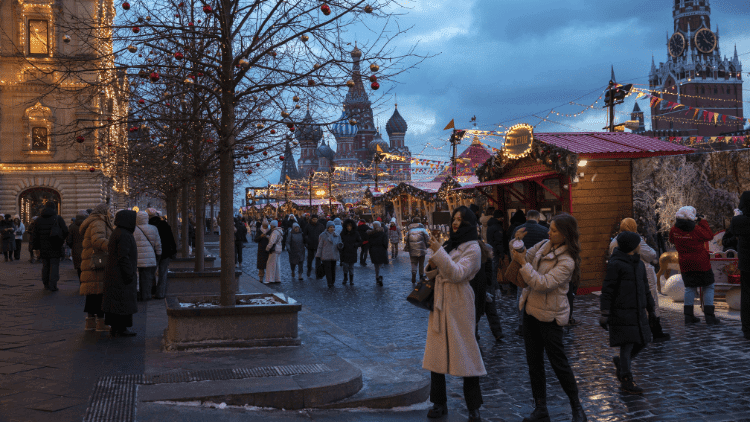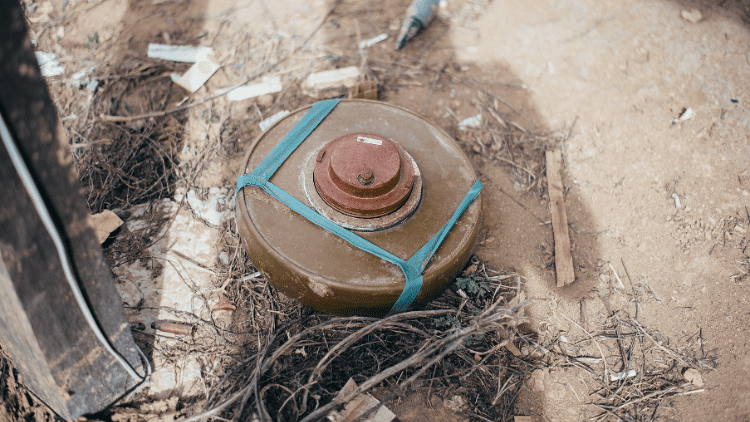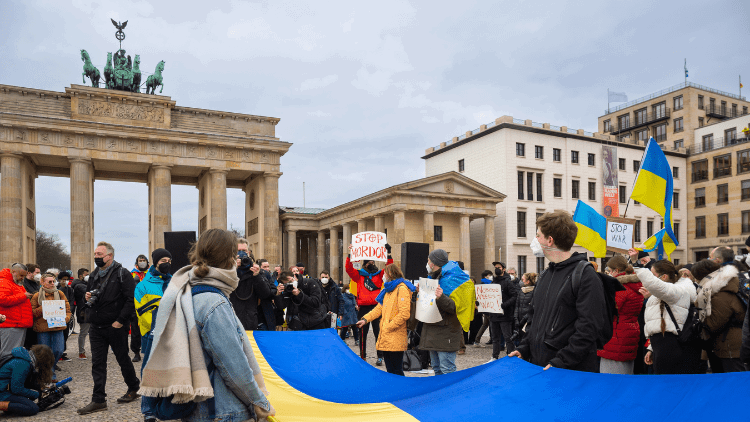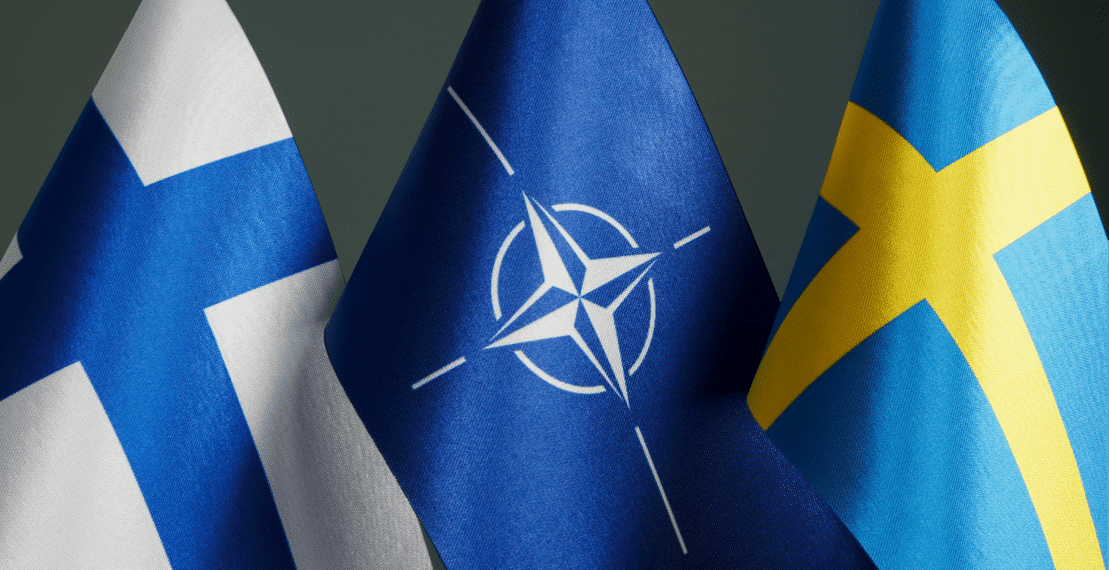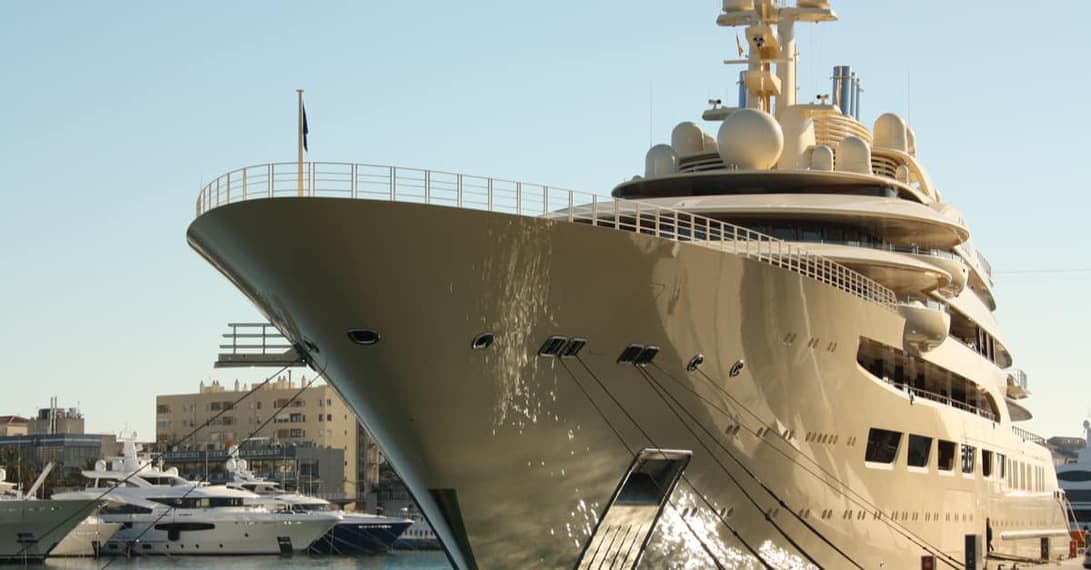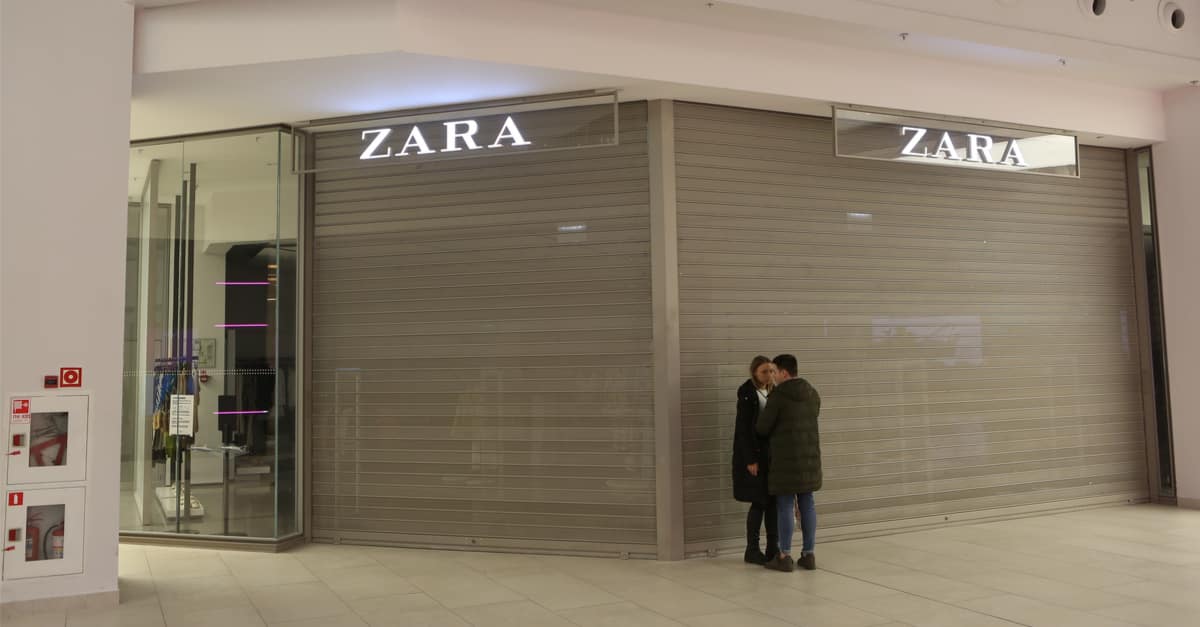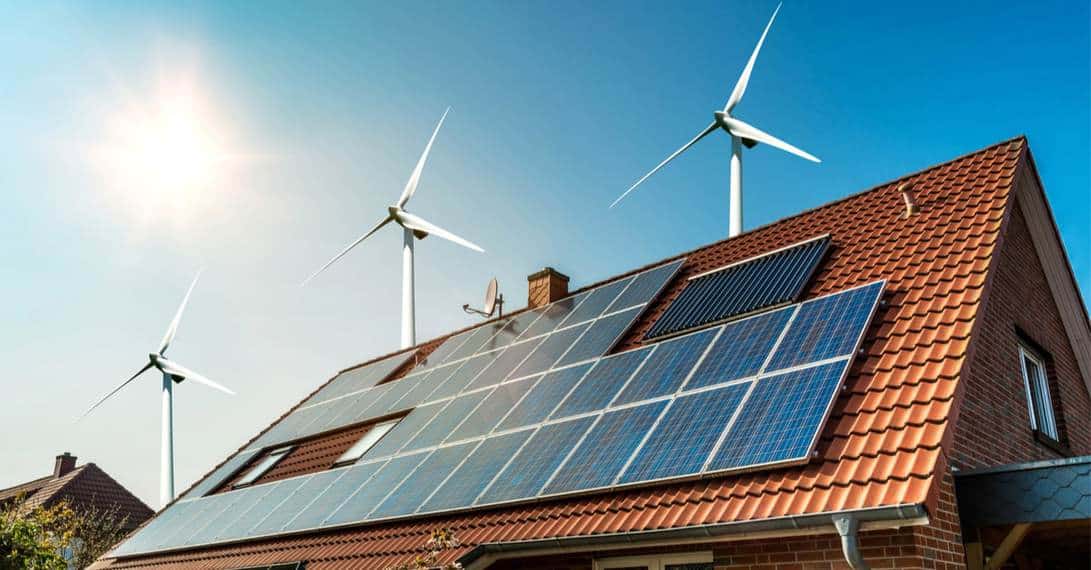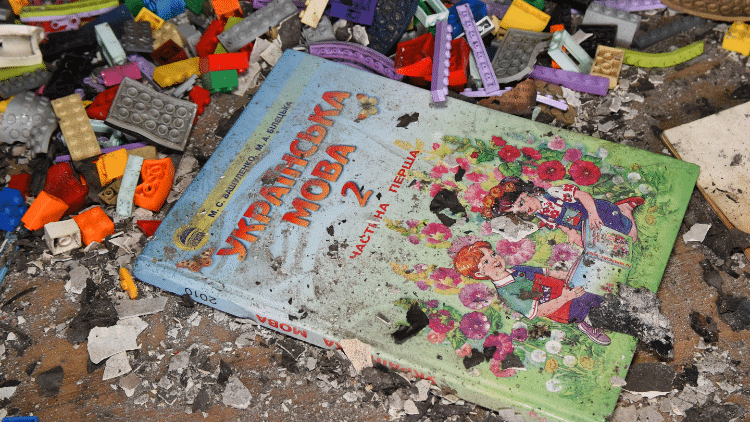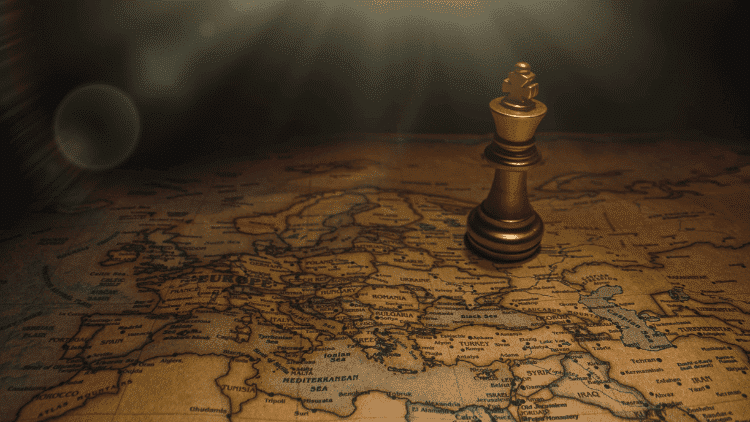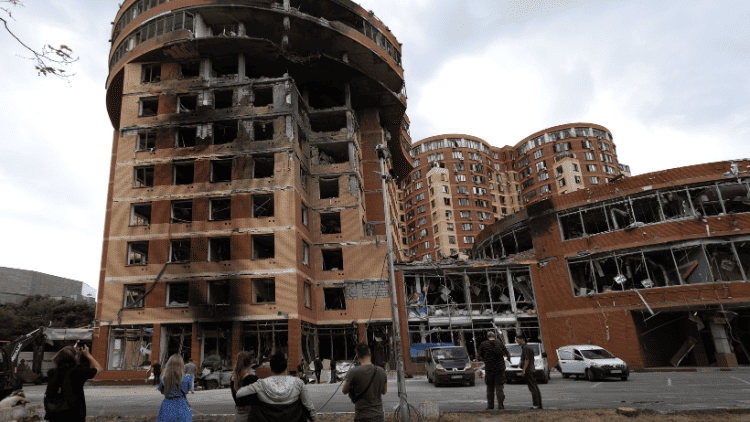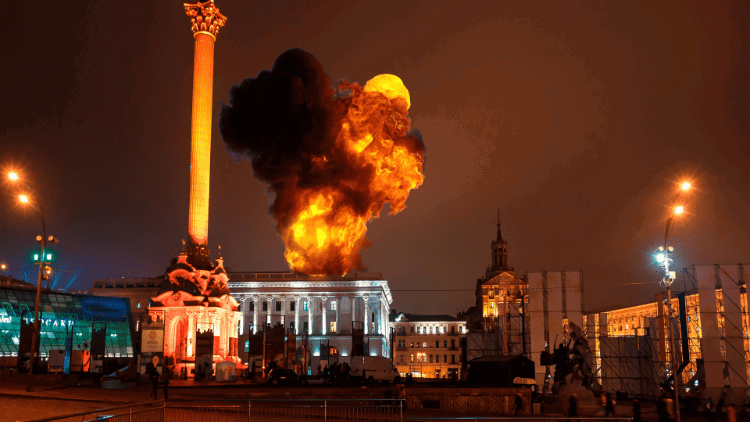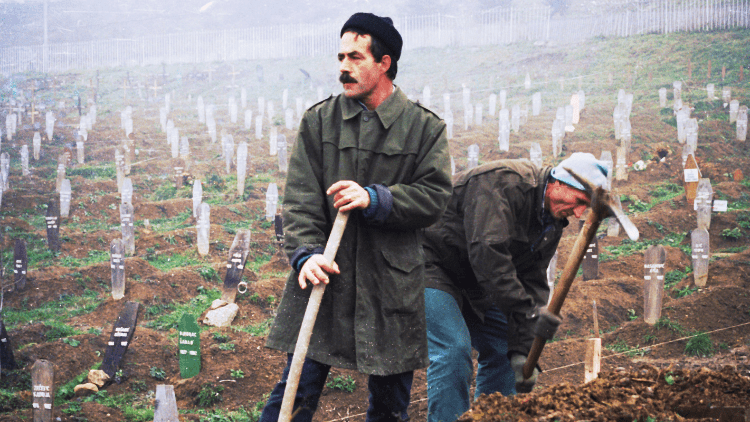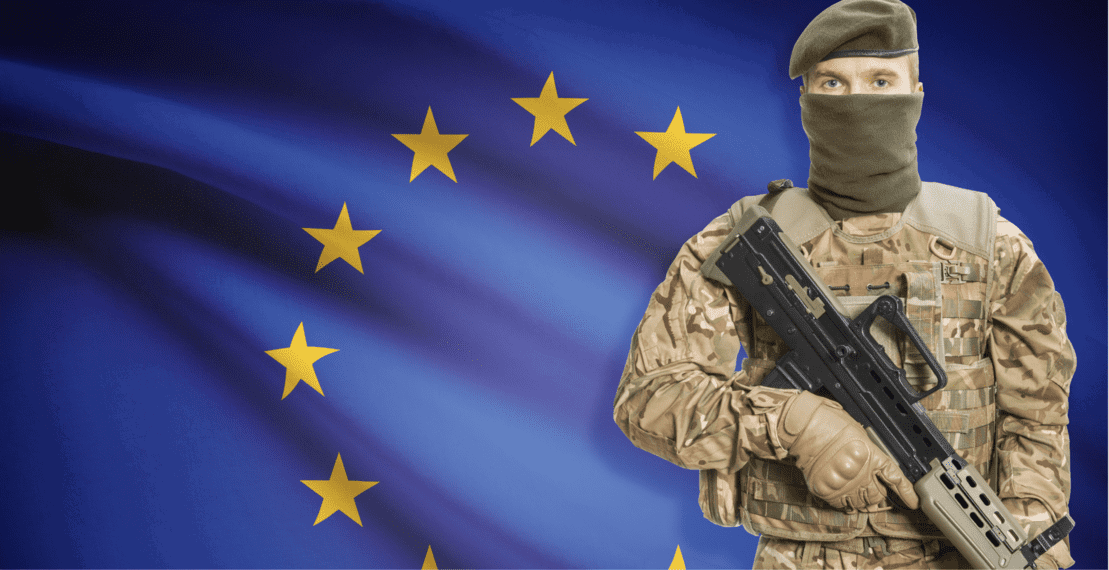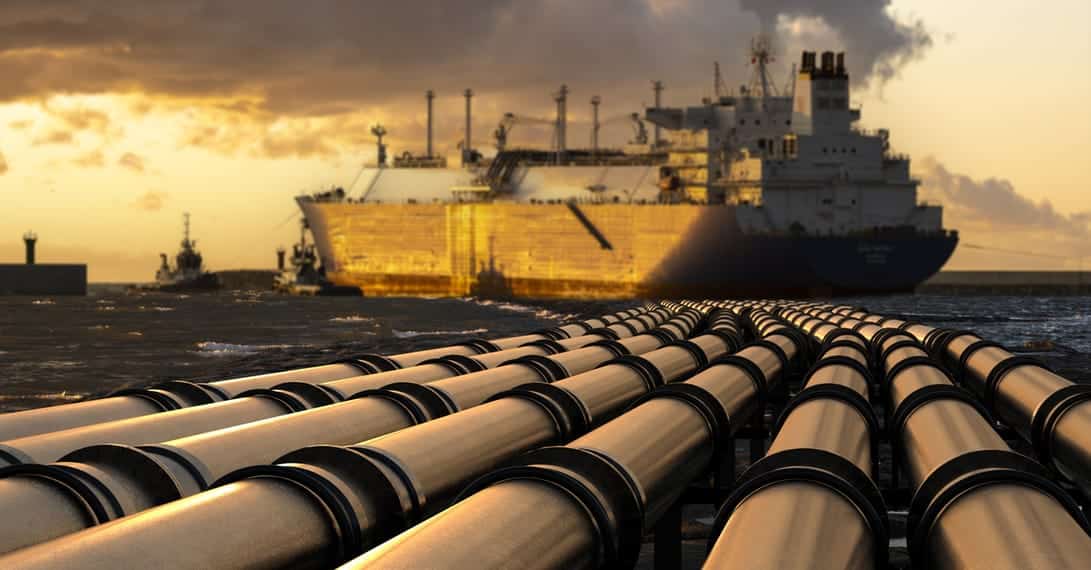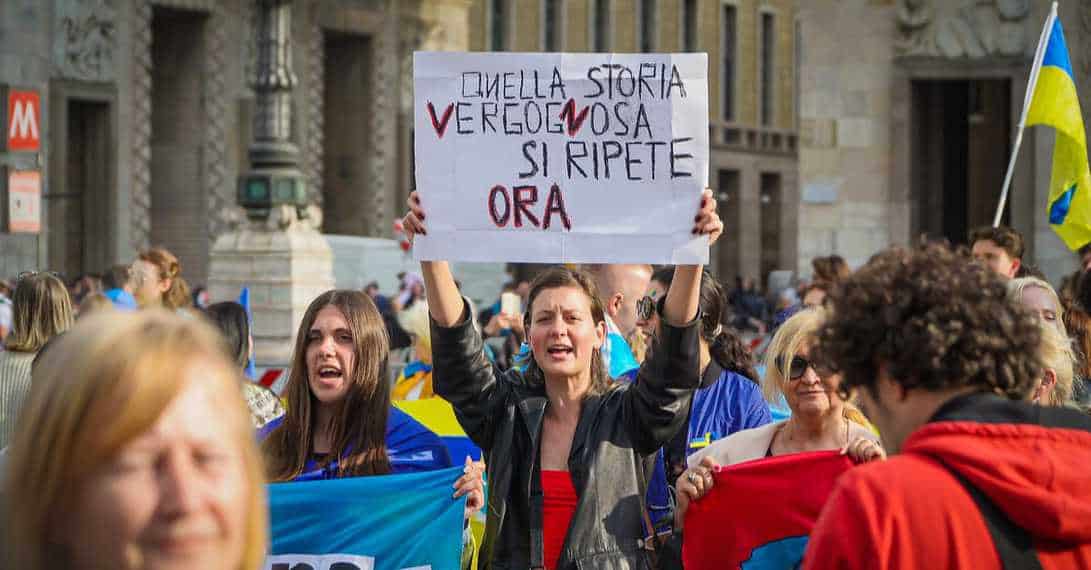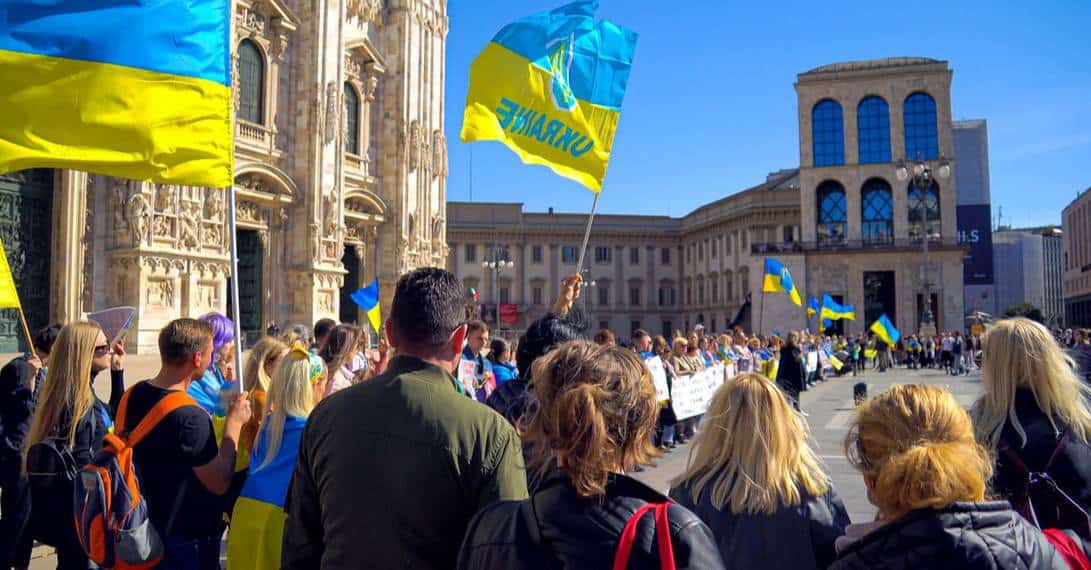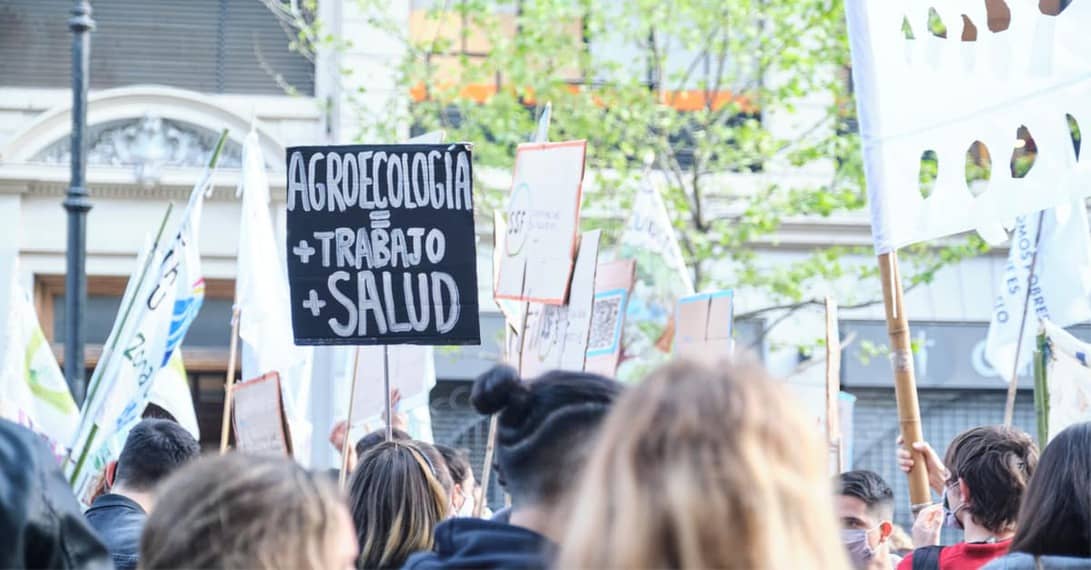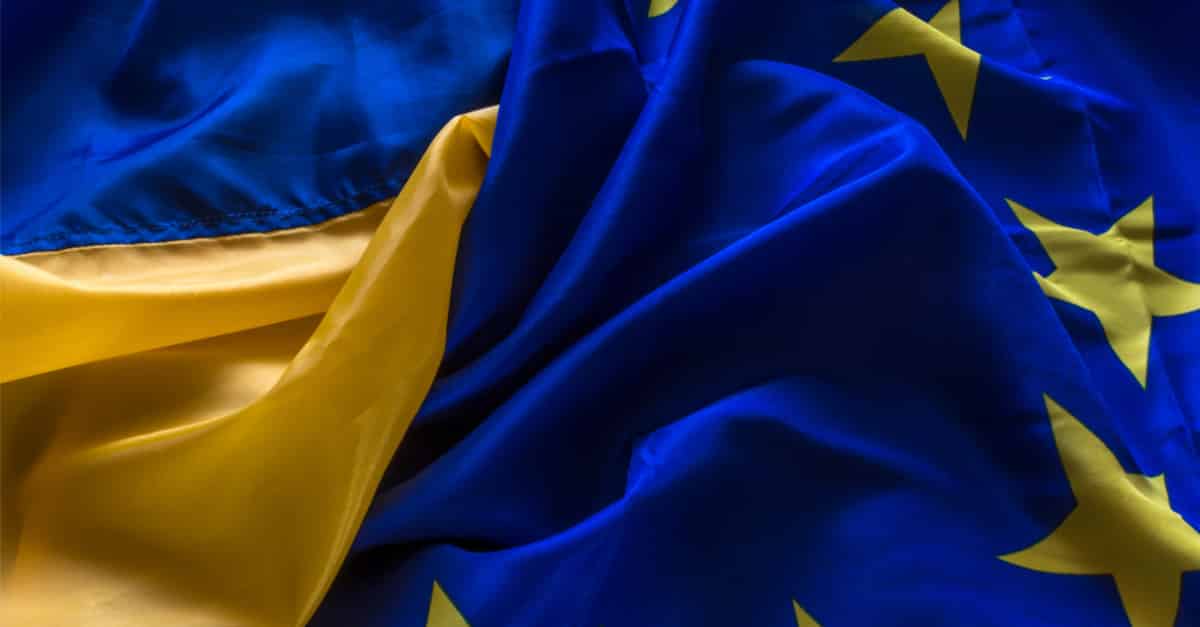A war in Europe without precedent since the collapse of Yugoslavia in the late 20th century, stemming from the invasion of Ukraine by the Russian Federation, has engendered huge loss of life and human suffering, as well as massive displacement inside and outside the country. Yet Ukraine’s resistance proved much mightier than the Russian president, Vladimir Putin, expected, failing in a February Blitzkrieg on Kyiv. Meanwhile, the rest of Europe has largely rallied round, accepting large numbers of refugees—rather more hospitably than others with black and brown skins. And Putin has found his attempts to drive wedges among European states failing too, outside of Hungary and Serbia.
Why Russia?
Why would the Russian president launch such an attack in 2022? While Putin has recalled the cold war of which he was a part as a KGB agent in the former East Germany by claiming his opponent is ‘the west’—and, going back further to the ‘great patriotic war’, adding ‘Nazis’ in government in Kyiv—the unilateral attack may stem ultimately from Ukraine’s Maidan revolution of 2013-14, throwing out not only the pro-Russian president of the time, Viktor Yanukovych, but also the idea of a ‘Eurasian’ union with Russia as an alternative to a partnership agreement with the European Union. This was followed then by the occupation of Crimea and Russian support for secessionist forces in Donetsk and Luhansk.
The impact in Ukraine
The war has visited huge traumas on the population of Ukraine, devastating major cities through the indiscriminate attacks familiar from Russia’s involvement in the war in Syria. It has broken up families, with adult men being recruited to the fighting forces and women forced to leave home or even the country, taking children with them, fleeing from attack. There is disturbing evidence that the government in Kyiv has used the war to effect strong legislative assaults on labour rights, driven by post-Soviet anti-collectivist prejudice and very much out of synchrony with the aspiration to join the EU. Yet there is also inspiration to be taken from the efforts of the Intercultural Cities network in Ukraine to sustain inter-community integration.
Ending the war
The superiority of Ukraine’s forces, driven by much higher morale than their Russian counterparts, allied to support with equipment from its allies in Europe and the United States, has steadily driven Russia back to the east of the Dnieper river. While he had threatened use of nuclear weapons in situ, as with Georgia and Moldova Putin seems now to be having to settle for an exclave which would undermine the European aspirations of all three countries, now embraced by the EU.
The EU and Ukraine
So where does all this leave the EU? The war has reinvigorated the case for (further) eastern enlargement, though fast-tracking Ukraine and to an extent Georgia and Moldova would lead many in the western Balkans to baulk at the double standard applied. It has also accelerated the case for rapid ecological transition, to end dependence on Russian fossil fuels and squeeze the regime in Moscow economically. And it has boosted the case for Europe to exercise ‘strategic autonomy’ to foster global goals—from world peace to saving the planet—increasingly dependent on its leadership for their ever-more-urgent delivery.

